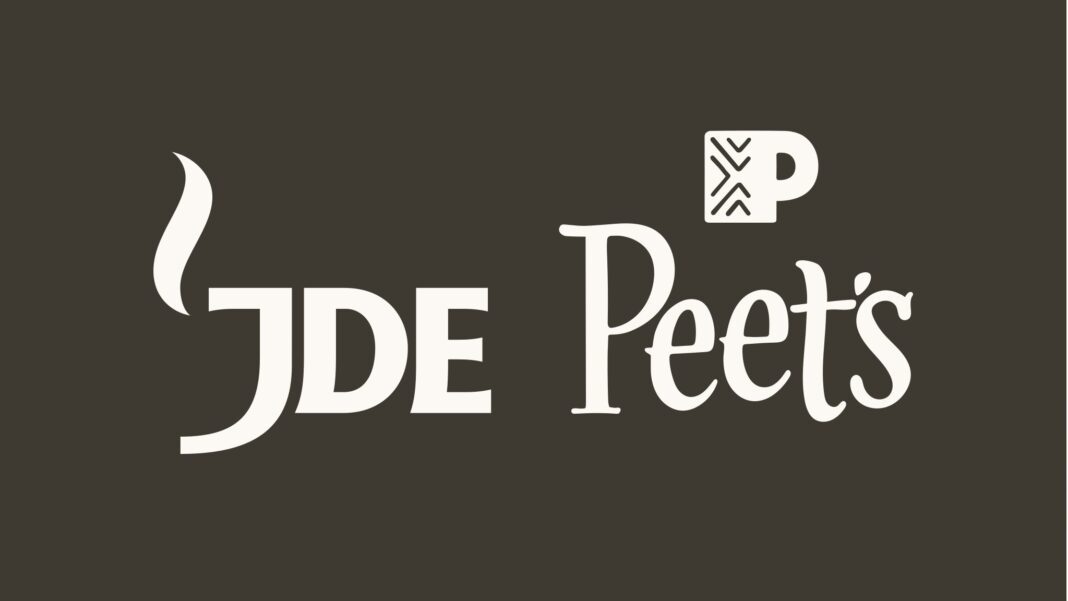AMSTERDAM, The Netherlands – JDE Peet’s has expanded its global effort to combat coffee-related deforestation by signing three Memoranda of Understanding (MOUs) with Peru, Honduras and Rwanda. This not only ensures continued access to the European market for smallholder farmers upon implementation of the EU Deforestation Regulation (EUDR), but crucially also fosters climate change resilience for coffee, which is imperative to ensuring that JDE Peet’s’ customers and consumers have continued access to a diversity of high-quality coffee products.
JDE Peet’s has already signed MOUs to combat deforestation with Ethiopia, Papua New Guinea, Tanzania and Uganda.
Honduras, Peru and Rwanda are committed to implementing JDE Peet’s’ innovative strategy to ensure all coffee is EUDR compliant, including the identification of coffee plots grown on land deforested after the 2020 cut-off date.
A mutually agreed protocol will ensure that any coffee found to be in contravention of the new regulation is remediated. JDE Peet’s then works with farmers and local partners to assist in reforesting the land.
This ground-breaking initiative, developed by JDE Peet’s in partnership with Enveritas, a global sustainability platform, uses a combination of high-resolution satellite imagery, artificial intelligence and on-the-ground verification to measure the extent of coffee-related deforestation.
This approach allows local operators, governments, NGOs and farmers to better mitigate deforestation risks. To date, more than 90% of the coffee grown in the world has been mapped, representing a major step in the fight against deforestation.
In addition to remediated deforested coffee plots, JDE Peet’s will bolster its efforts in regions at risk of deforestation, targeting the underlying issue of poverty by spearheading the advancement of regenerative agricultural practices.
The new MOUs follow JDE Peet’s’ recent commitment to newly validated near-term and net-zero SBTi targets, including a specific SBTi Forest, Land and Agriculture (FLAG) target. SBTi FLAG is the world’s first framework for companies in land-intensive sectors to set science-based targets that include land-based emission reductions and removals.
JDE Peet’s is one of only 39 companies globally in the FMCG sector to have a net-zero target by 2050, and one of only 23 companies to have a FLAG target.
JDE Peet’s’ commitments to combat deforestation are further captured in its expanded Forest Policy, which aims to protect forests through responsible sourcing principles and guidance and sets out expectations for suppliers.
This includes a no-deforestation policy across JDE Peet’s’ primary deforestation-linked commodities, coffee, pulp & paper, palm oil and cocoa, with a target date of 31 December 2025.
Laurent Sagarra, Vice President Sustainability at JDE Peet’s, commented: “We are very proud to further progress our efforts to combat deforestation through these new MOUs with Honduras, Peru and Rwanda.
Deforestation, and its impact on climate change, poses a threat to our business, as we look to buy high-quality coffee beans from around the world to delight our customers and consumers. That is why JDE Peet’s is committed to working with our partners and governments to ensure we can grow coffee responsibly while helping to secure the livelihoods of millions of smallholder farmers.”










